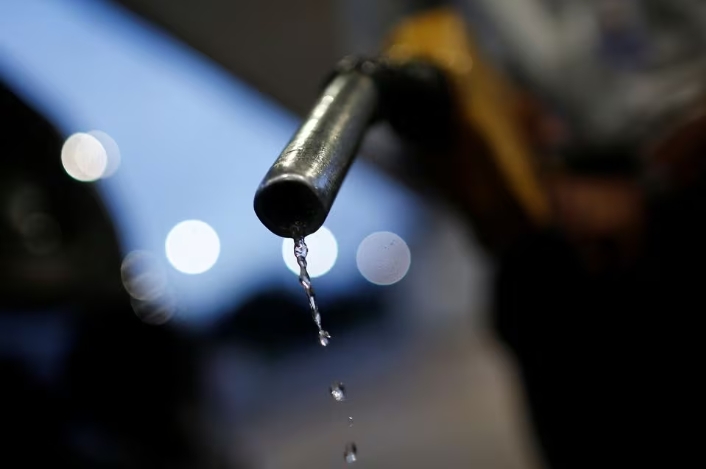
The measures bolster the prospects of the Brazilian oilseed crushing industry, which has grappled with idle capacity averaging 50% in recent years, as about 70% of the country's biodiesel is produced from processed soybeans.
The CNPE, according to Mines and Energy Minister Alexandre Silveira, set the local mandatory biodiesel blend into diesel at 14% from March 2024 and 15% starting 2025, up from the current 12%.
The move tweaked a resolution the CNPE had passed last March, when it decided Brazil would have to blend 13% biodiesel into diesel from April 2024 and then increase the mandatory mix to 14% in 2025 and 15% in 2026.
A 1% addition in the biodiesel mix corresponds to about 1 billion liters more of consumption, an industry representative said.
Brazil's oilseed crusher lobby Abiove, which represents firms like ADM (ADM.N), Bunge (BG.N), Cargill (CARG.UL) and Cofco (CNCOF.UL), predicts roughly 7 billion liters of biodiesel production in the country this year.
Biodiesel producers association Ubrabio celebrated the CNPE's decisions, saying they would give the industry "the necessary boost for it to regain competitiveness."
Fossil fuel group IBP, however, criticized the measures, noting the sector needs predictability and any change to the mandatory blend could generate a "biodiesel run," elevating prices and harming fuel supply.
The energy council on Tuesday also created a working group to discuss biodiesel imports, with Brazilian producers calling on the government to ban them to support the local industry.
Silveira said no final policy decision had been made on the matter but imports would not be allowed until the working group concludes the debate.
Ubrabio "applauded" the decision, but IBP slammed it.
"Untimely changes to an agenda that has long been debated with society compromise regulatory stability and create insecurity in the market," IBP said. "Opening the market to imports was in line with Brazil's size in international trade."
A second working group was also established by the council to discuss potentially increasing Brazil's mandatory ethanol blend into gasoline to 30% from the current 27%, Silveira said. The local government had previously hinted at that change.